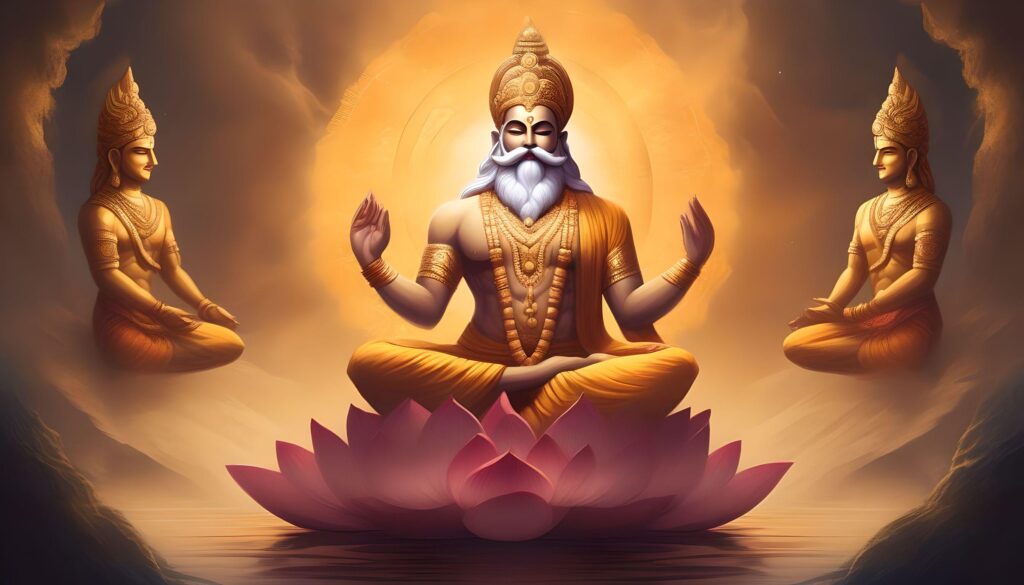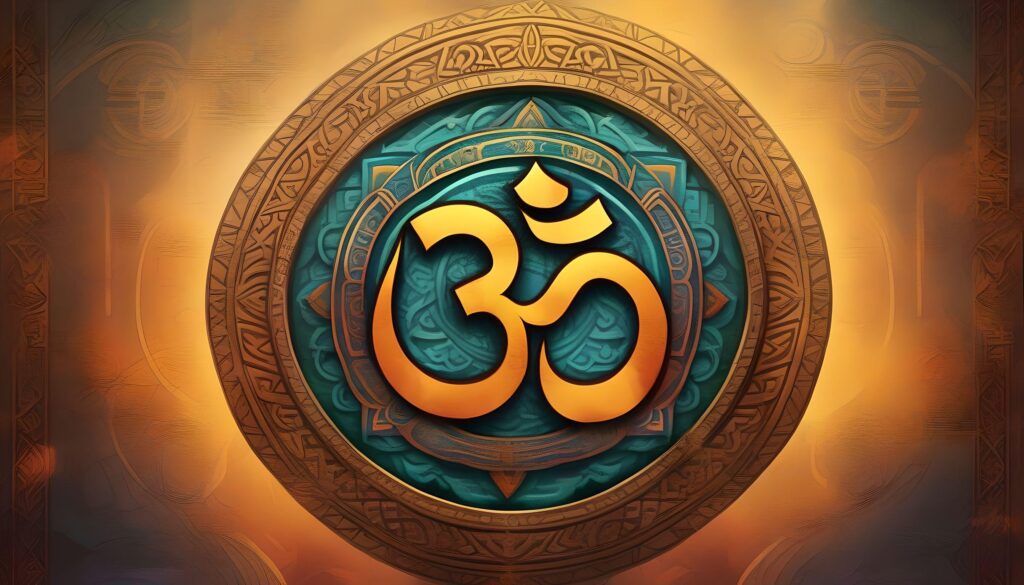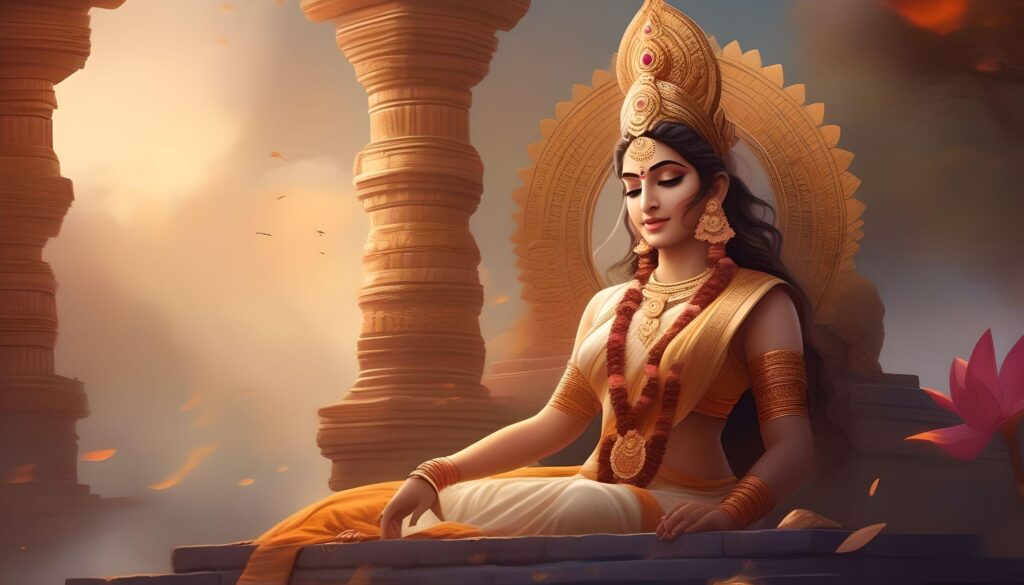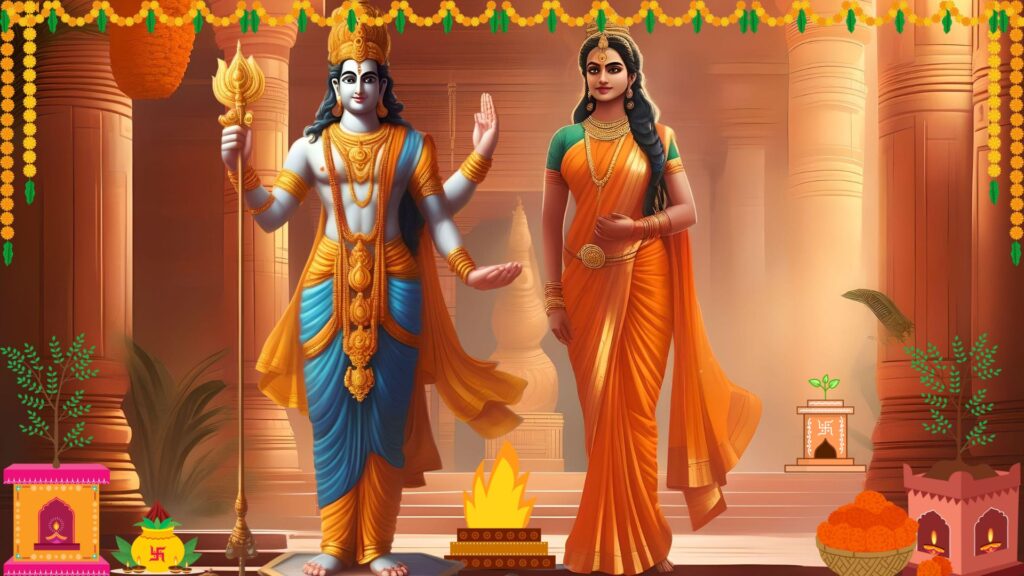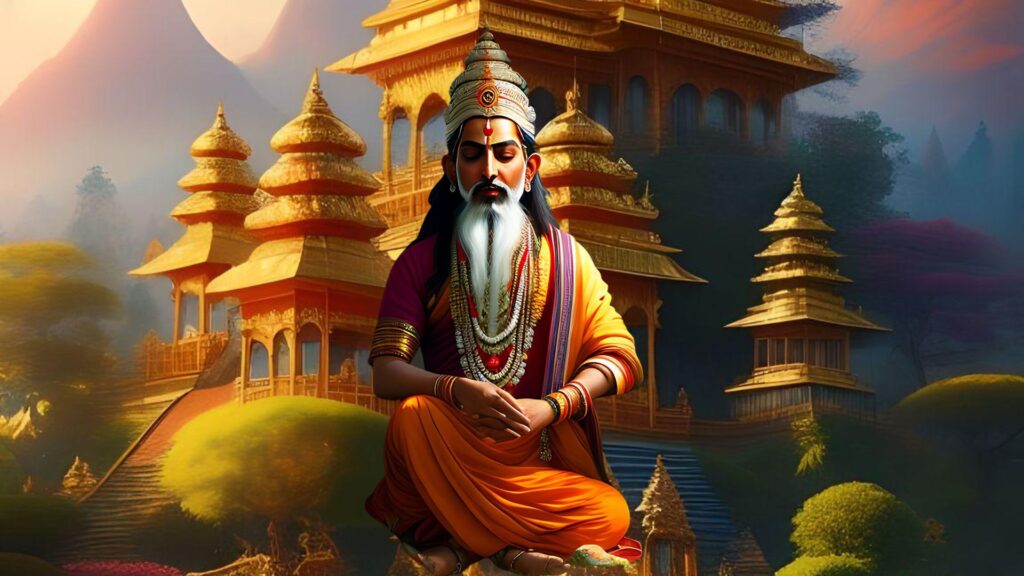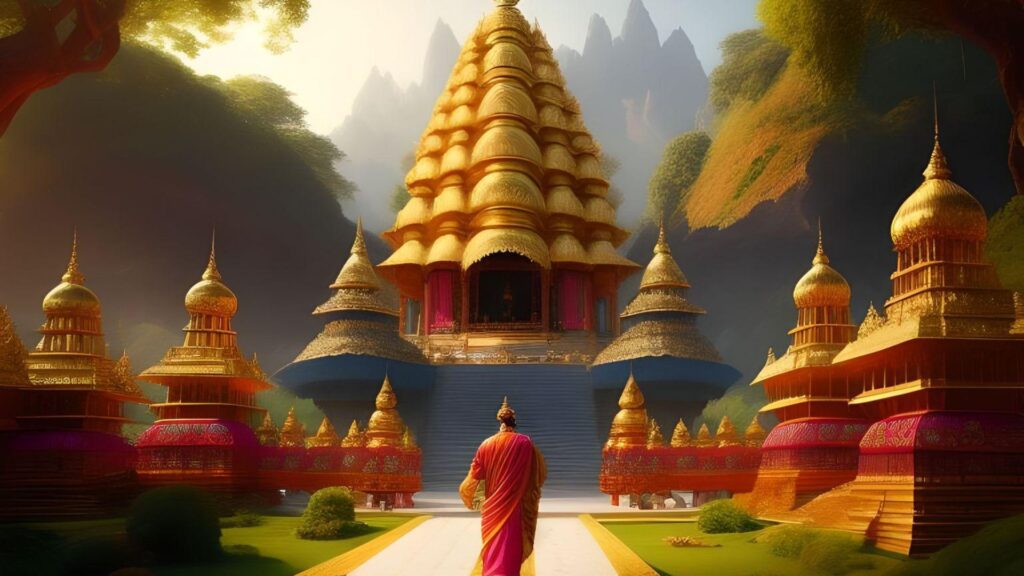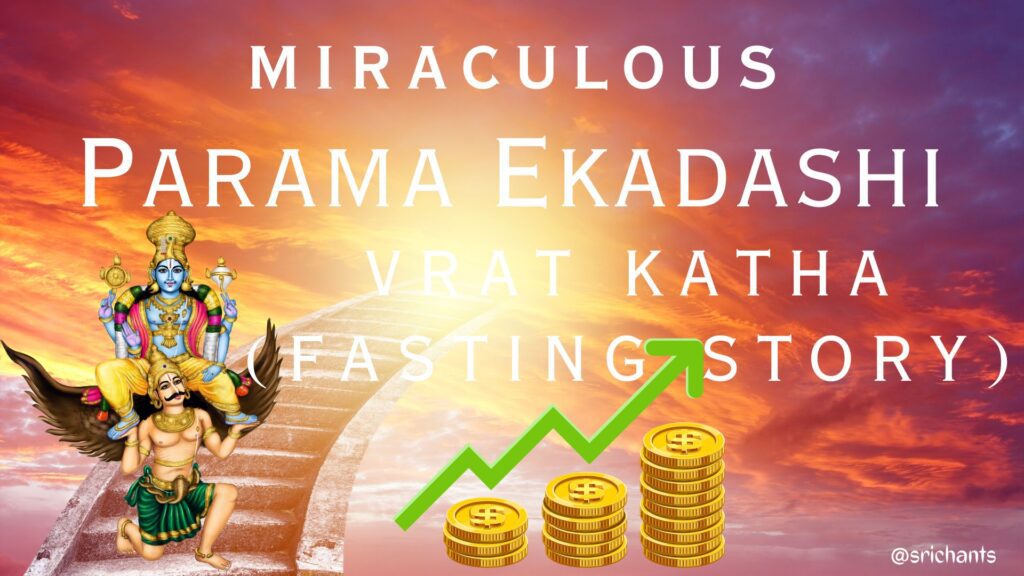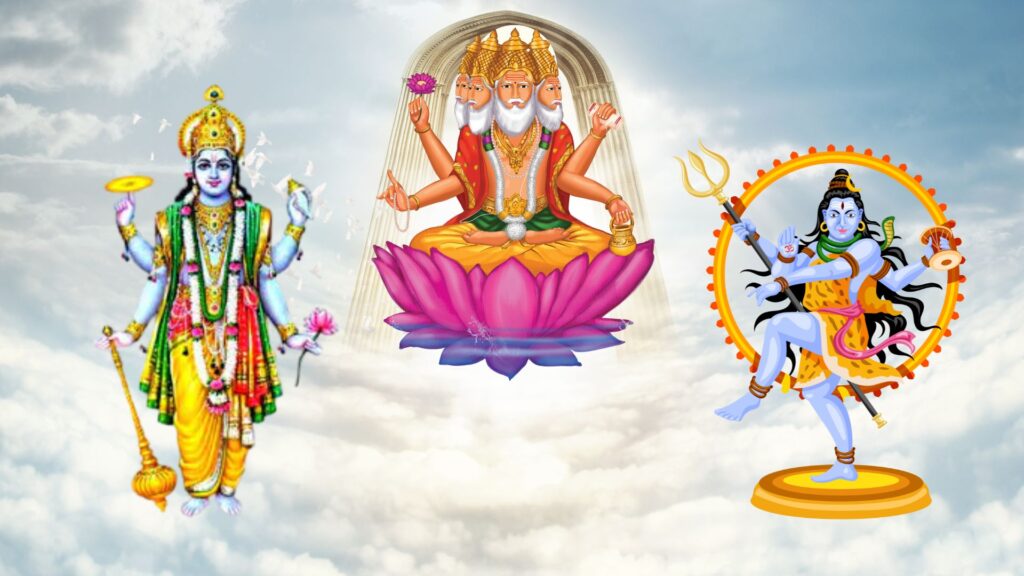Who Created the Universe in Hinduism: The Divine Origins
The genesis of the cosmos is an intricate topic of philosophical and mythological investigation within the context of Hinduism. The Hindu belief system embraces a cyclical concept of time, which recognizes the recurrent cycles of creation, maintenance, and decomposition that occur in the material realm. Hinduism, as opposed to numerous other religions, acknowledges that the universe we presently reside in is not the initial nor final.
The Trimurti: The Divine Trinity
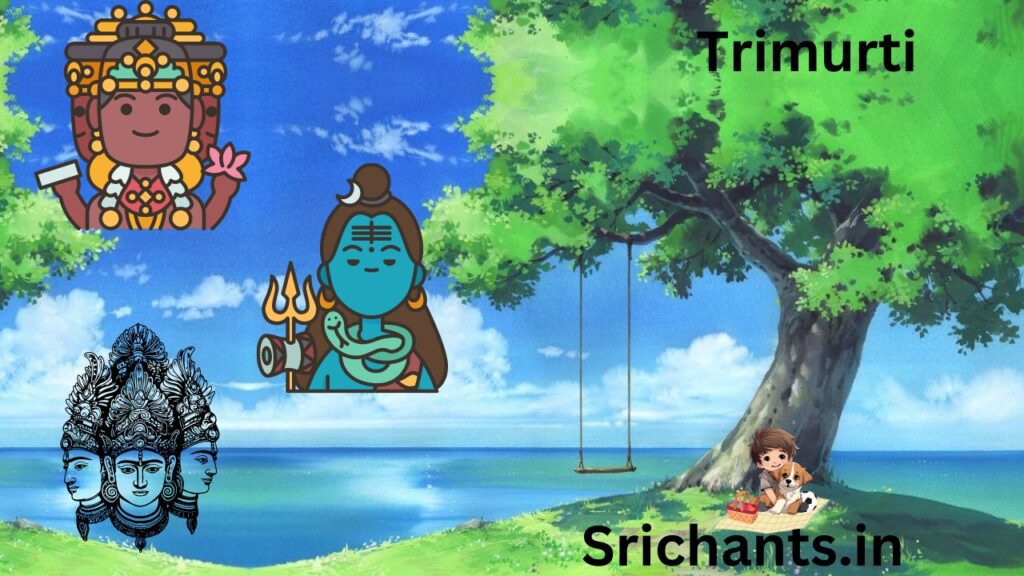
The creation, maintenance, and demise of the cosmos are ascribed to the three principal celestial beings comprising the Trimurti—Shiva, Brahma, and Vishnu—as per Hindu mythology. It is believed that the creator deity Brahma formed the universe from his own substance. He is frequently portrayed with four heads, which represent his immense intellect and inventive prowess.
It is the responsibility of Vishnu, the Preserver, to maintain the universe and its inhabitants. His responsibility is to uphold the equilibrium of the cosmos and guarantee the harmony of being. When righteousness is imperiled, Vishnu is said to manifest on Earth, where he is venerated as the supreme protector.
Shiva, the destructor, is an integral component of the universe’s cyclical structure. Shiva facilitates the initiation of a fresh cycle of creation by means of the dissolution of the universe, which is accomplished via his cosmic dance, the Tandava. His dance represents the transformative force and perpetual change of existence.
Creation Stories in Hinduism
Hinduism incorporates a multitude of creation narratives which offer valuable insights into the universe’s inception. The narratives should not be construed as precise scientific explanations; instead, they serve as symbolic embodiments of the intricate complexities and profound ideas that comprise existence. Let us examine several of these narratives of creation.
The Lotus Flower: Creation from Vishnu’s Navel
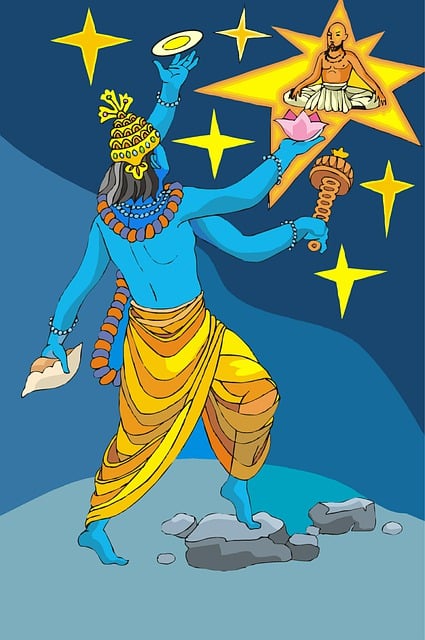
Source: Pixabay, Image : ArtsyBeeKids
A widely accepted creation narrative pertains to the blossoming of a lotus flower from the navel of Lord Vishnu. The deity Brahma, while seated on this lotus flower, partitioned it into three distinct regions: the Earth, the sky, and the cosmos. The harmonious equilibrium required for the universe to operate is represented by the interdependence of the various domains in this tale.
Brahma’s Self-Split: Creation from Loneliness
An additional account of creation describes the solitude that Brahma experienced, which led to his subsequent division into male and female aspects. The creation of all creatures in the universe originated from this division. The narrative underscores the inherent duality of being and the dynamic relationship between feminine and masculine energies.
The Cosmic Egg: Life’s Birth from Cracking
According to an additional account, the universe originated from the rupture of a cosmic embryo of immense size. The aurora borealis represent the emergence of life and the subsequent progression of the cosmos. This statement underscores the notion that all things originate from a solitary source and comprise the boundless potentialities that exist in the world.
The Hymn of Creation: The Unknowable Origins
The Rig Veda, the preeminent and most ancient Hindu scripture, contains the Hymn of Creation, which recognizes the enigmatic nature of the universe’s origins. It casts doubt on the ability of Brahman, the preeminent cosmic reality, to fully fathom the essence of creation. This hymn serves as a remembrance of the incomprehensible and immense dimensions of existence.
The Eternal Cycle of Creation and Destruction
The concept of an everlasting cycle of creation and annihilation is ingrained in Hinduism. It is postulated that the cosmos undergoes a series of recurring cycles, including rebirth, life, death. Every cycle is instigated by the creative force of Brahma, maintained by the preservation of Vishnu, and ultimately brought to a close by the transformative forces of Shiva.
In contrast to its linear counterpart, Hinduism posits a cyclical conception of time devoid of any distinct commencement or culmination. The aforementioned cyclical nature is consistent with the concept of reincarnation, which posits that the soul perpetually transitions between different forms of rebirth until it achieves liberation.
The Complexity of the Universe
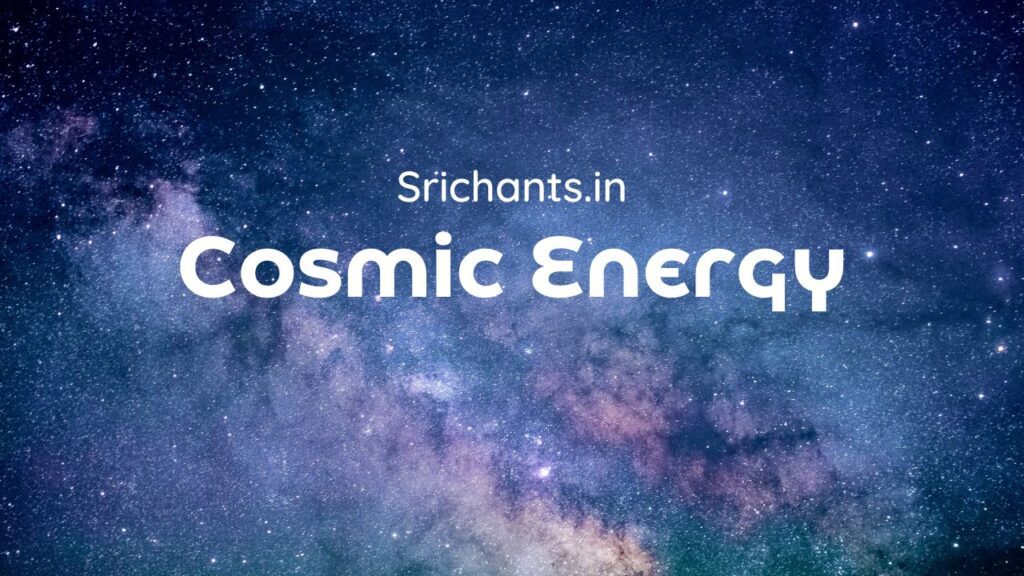
It is critical to acknowledge that the creation narratives found in Hinduism were penned several centuries ago and thus should not be construed as precise scientific explanations. Conversely, they function as metaphors, communicating fundamental spiritual truths and philosophical insights concerning the essence of being.
Hinduism commends the boundless intricacy of the cosmos and promotes the intellectual pursuit of knowledge regarding the diverse facets of existence. By examining the myths and legends surrounding creation, one can gain insight into the divine origins and our place in the expansive tapestry of the cosmos.
Conclusion
Hinduism places great emphasis on the philosophical contemplation and mythological narratives that recount the origins of the universe. The Trimurti, consisting of Brahma, Vishnu, and Shiva, are fundamental entities in the cyclical process of creation, maintenance, and annihilation. The diverse narratives of creation, including the cosmic egg, the self-splitting lotus flower, and Brahma, provide symbolic understandings of the profound enigmas that comprise existence.
Hinduism distinguishes itself from numerous other religious traditions through its comprehension of time as cyclical and its acknowledgment of the eternal cycle of creation and annihilation. Through an exploration and acceptance of the intricate nature of the universe, Hinduism extends an invitation to individuals to enhance their comprehension of the divine origins and their intrinsic interdependence with the entirety of existence.
#Universe #DivineOrigins #origin #world #starting #Formation #Evolution #earth #bigbang #devine #hindu
